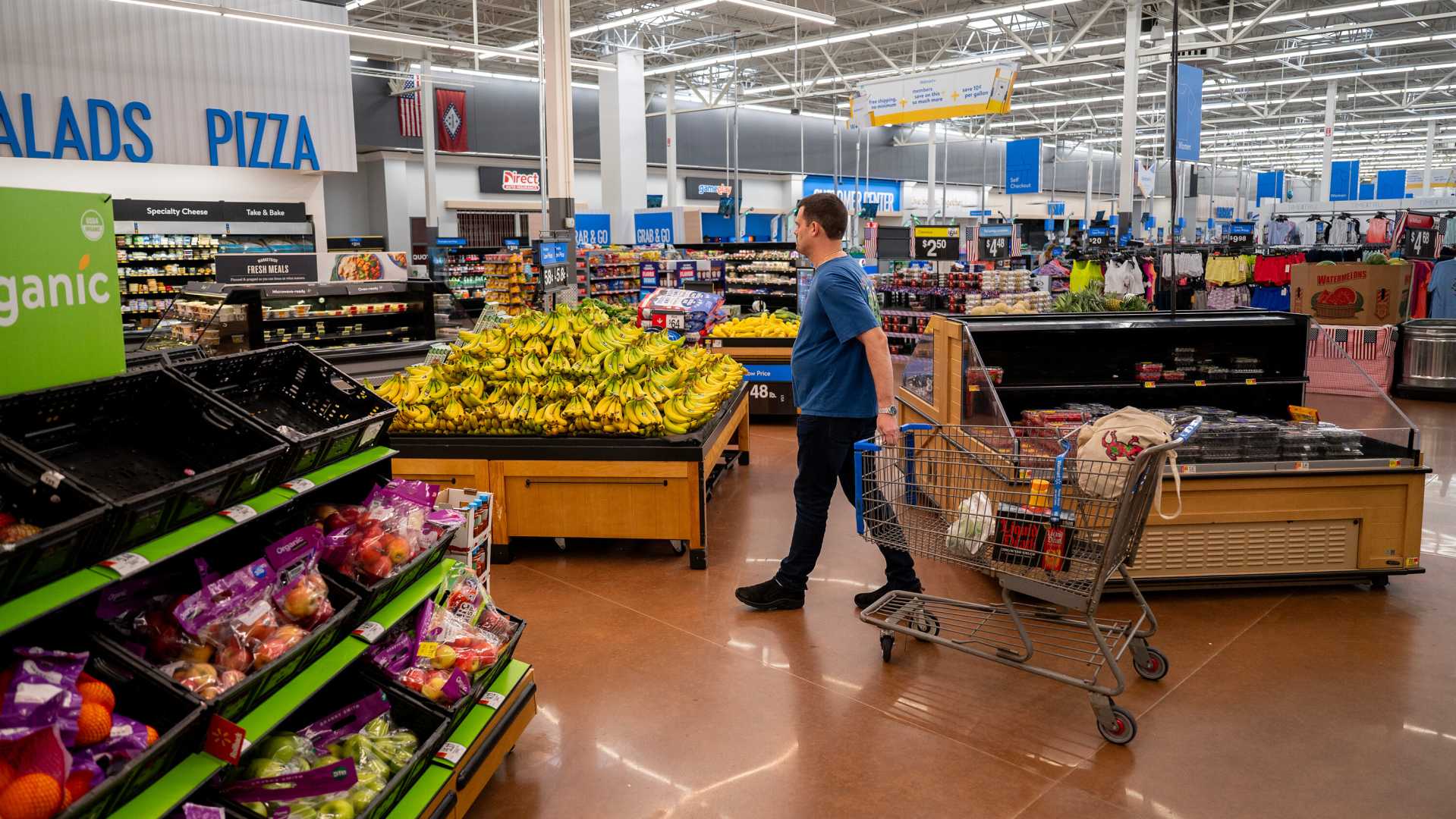Business
Grocery Prices Begin to Stabilize, But Tennesseans Still Feel the Pinch

NASHVILLE, Tenn. — After months of rising grocery costs, recent reports suggest a potential stabilization in food prices across the country, including Tennessee. The Bureau of Labor Statistics noted that the food at home index remained nearly flat from January to February, indicating fluctuations in specific items rather than an overall trend.
Specifically, data revealed a 10.2% increase in grain prices and a 2.4% gain in beef prices during this period. Conversely, some grocery items experienced slight price drops, contributing to a mixed landscape for consumers.
Despite these fluctuations, the average price for groceries has risen by 1.9% over the past year, indicating that inflation continues to impact household budgets. A WalletHub analysis of 26 common grocery items found that Tennessee ranks among the top 10 states where residents spend the highest percentage of their income on groceries, with a rate of 2.23%.
The states that surpassed Tennessee include Mississippi (2.64%), West Virginia (2.57%), and Arkansas (2.49%). This spending highlights the financial strain on Tennessee families as they confront persistent grocery prices.
Federal Reserve Chair Jerome Powell addressed concerns over growing grocery prices in a press conference on Wednesday. He acknowledged the dissatisfaction among consumers, attributing it to previous inflation spikes experienced in 2021, 2022, and 2023. “They’re unhappy and they’re not wrong to be unhappy that prices went up quite a bit and they’re paying a lot for those things,” Powell said.
While interest rates are one tool that can help manage inflation, Powell emphasized that raising rates can also lead to economic risks such as increased unemployment. Despite market pressures, more than 80% of forecasters expect the Federal Reserve to maintain its current interest rates during its next meeting in May, rather than implementing further hikes.
The economic implications are significant not just for individuals, but for small businesses as well. Family-run businesses often navigate the delicate balance of managing operational costs while maintaining their household finances. Financial experts suggest enhancing the advice provided to small business owners, allowing them to better understand their options regarding loans and insurance. This could mitigate risks tied to personal and business financial stability.
As grocery prices fluctuate, consumers and businesses are urged to stay informed and seek assistance. Initiatives designed to address budget constraints and better serve the community could help alleviate some of the financial pressures caused by ongoing inflation.












